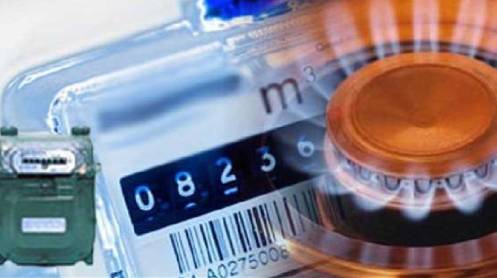ISLAMABAD: The Central Development Working Party (CDWP) has directed the Power Division to conduct a detailed techno-economic feasibility study for ADB-funded power distribution projects worth Rs59 billion in three power Distribution Companies (Discos)—LESCO, MEPCO, and SEPCO. This directive follows concerns about the effectiveness of proposed Advanced Protection and Monitoring System (APMS) meters in addressing electricity theft, according to well-informed sources.
The project costs are estimated at Rs27.6 billion for LESCO, Rs22.2 billion for MEPCO, and Rs9 billion for SEPCO. A meeting chaired by the Deputy Chairman of the Planning Commission reviewed the modified PC-1 proposals submitted after previous instructions to bifurcate the umbrella plan of Rs72 billion into individual projects.
During discussions, the CDWP emphasized that APMS meters primarily serve as a protective mechanism by tripping overloaded or unbalanced transformers, rather than controlling theft. Observations from earlier projects revealed operational challenges, such as frequent tripping and manual fault clearance, raising questions about the proposed technology’s efficacy.
The CDWP has approved the projects in principle, limited to negotiating a $200 million loan agreement with ADB, while mandating several conditions:
Feasibility Study: A comprehensive feasibility study validated by an independent panel of experts must cover the full project scope.
Performance Evaluation: Detailed reports on previous pilot projects for APMS and AMI meters, funded by the World Bank and ADB, must be submitted.
Cost Rationalization: Power Division must rationalize costs, including institutional capacity building and contingencies, and provide an itemized breakdown as per Planning Commission guidelines.
Loan Terms: EAD and Power Division will ensure ADB loan negotiations minimize commitment charges until implementation readiness.
The CDWP further highlighted the need for project redesign to align with the feasibility findings and directed Power Division to address all observations before presenting the modified PC-1 for ECNEC approval. The aim remains to enhance the distribution network’s efficiency, reduce losses, and curb electricity theft, provided the initiatives are economically viable and technically sound.
Story by Mushtaq Ghumman





